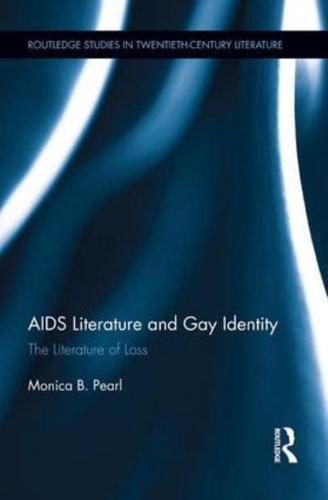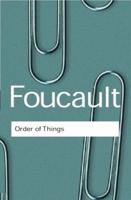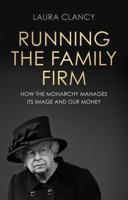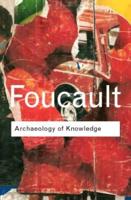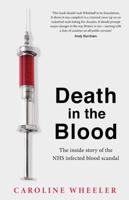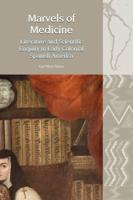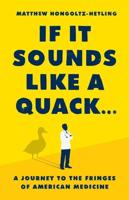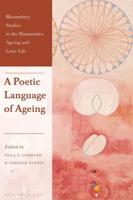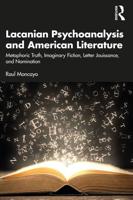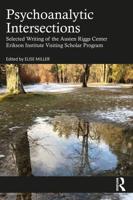Publisher's Synopsis
This book discusses the significance of late twentieth century and early twenty first century American fiction written in response to the AIDS crisis and interrogates how sexual identity is depicted and constructed textually. Pearl develops Freudian psychoanalytic theory in a complex account of the ways in which grief is expressed and worked out in literature, showing how key texts from the AIDS crisis by authors such as Edmund White, Michael Cunningham, Eve Sedgwick - and also, later, the archives of The ACT UP Oral History Project - lie both within the tradition of gay writing and a postmodernist poetics. The book demonstrates how literary texts both expose and construct personal identity, how they expose and produce sexual identities, and how gay and queer identities were written onto the page, but also constructed and consolidated by these very texts. Pearl argues that the division between realist and postmodern, and gay and queer, respectively, is determined by whether the experience expressed and accounted is mediated through the psychoanalytic categories of mourning or melancholia, and is marked by a kind of coherence or chaos in the texts themselves. This study presents an important development in scholarly work in gay literary studies, queer theory, and AIDS representation.


